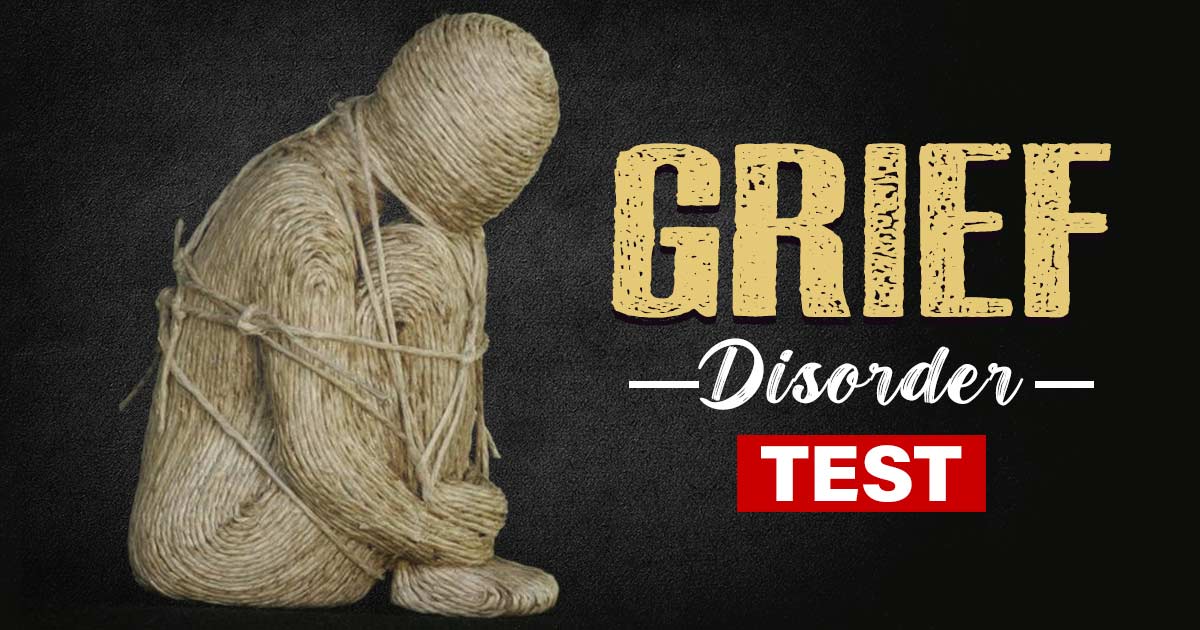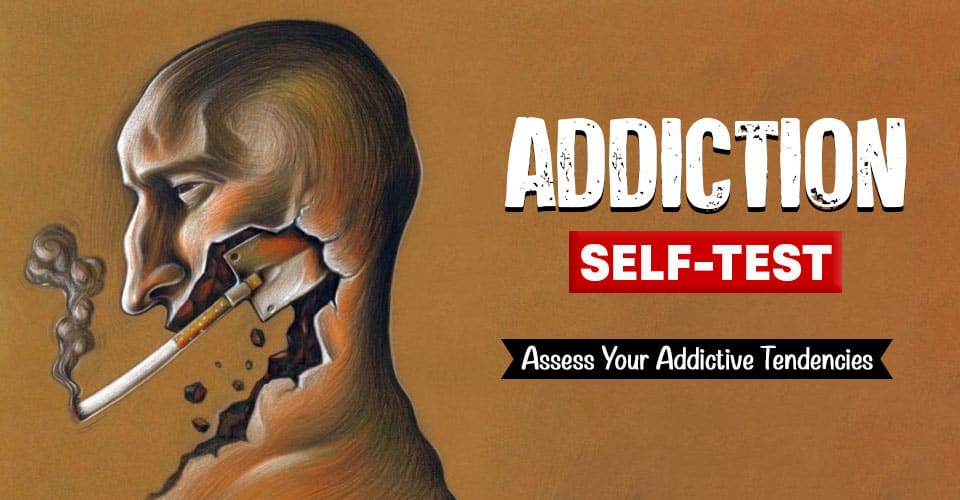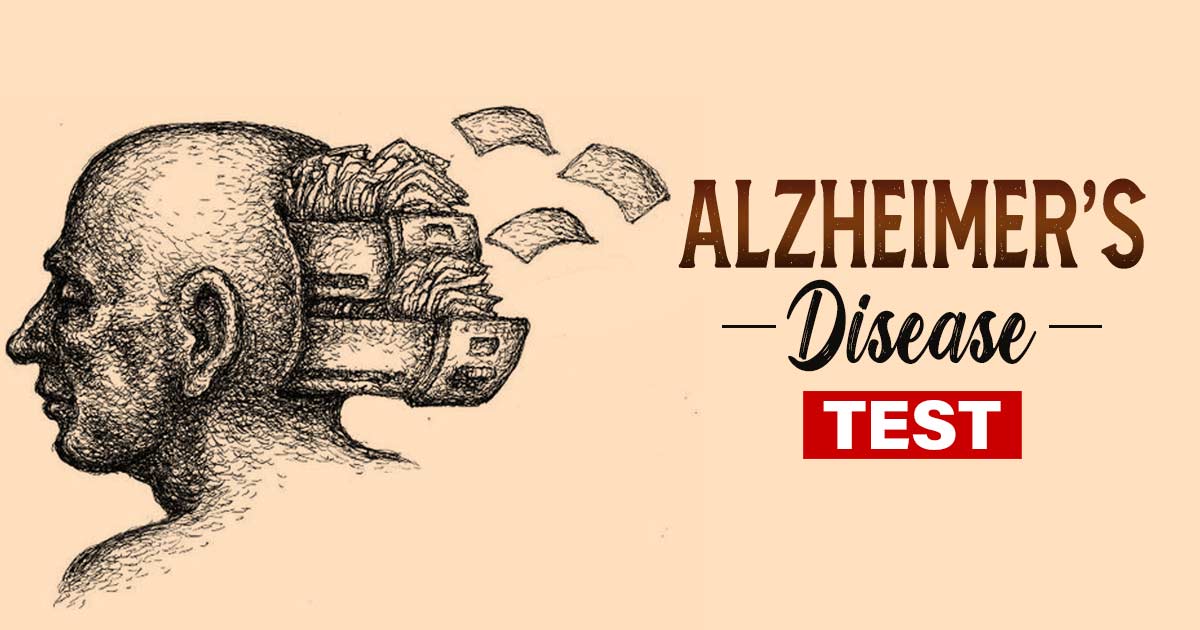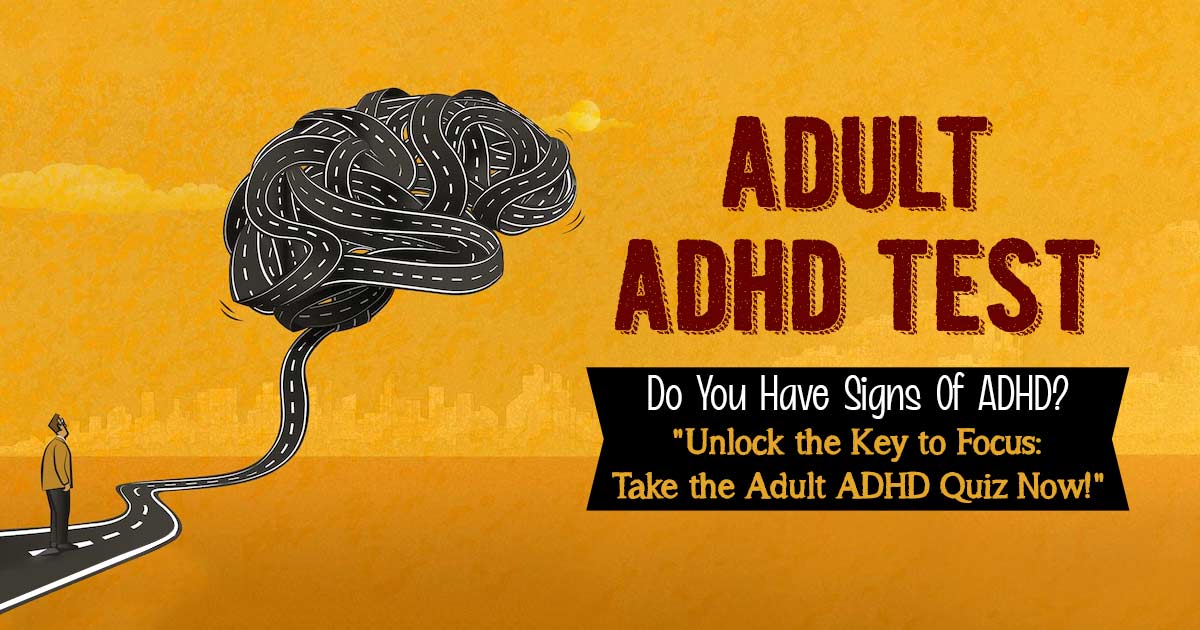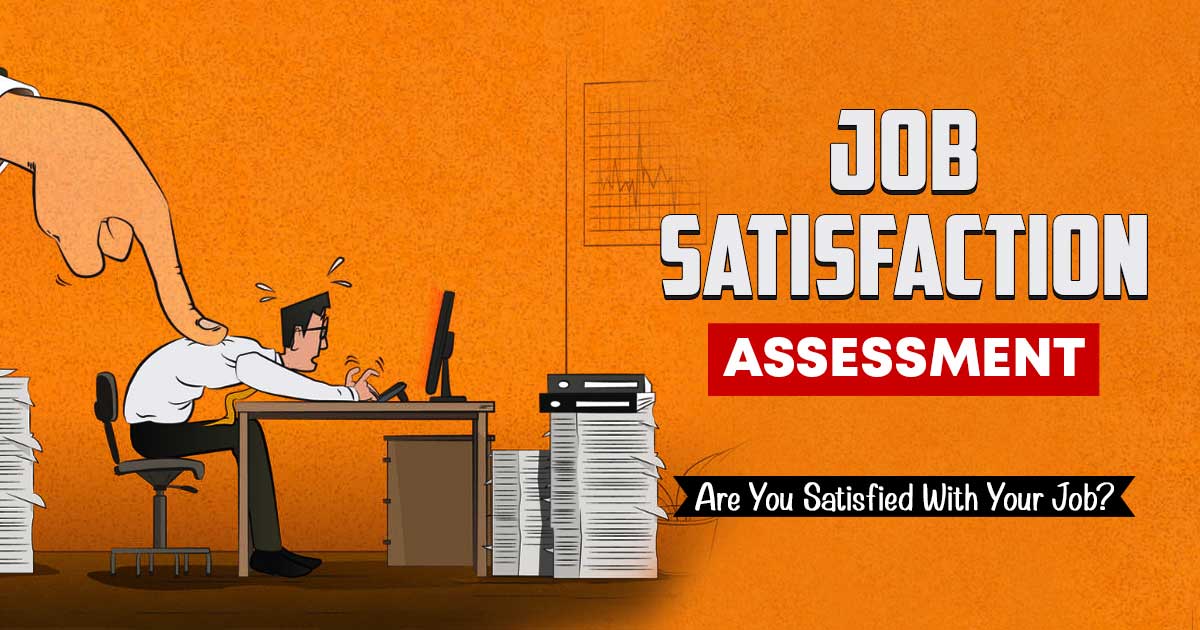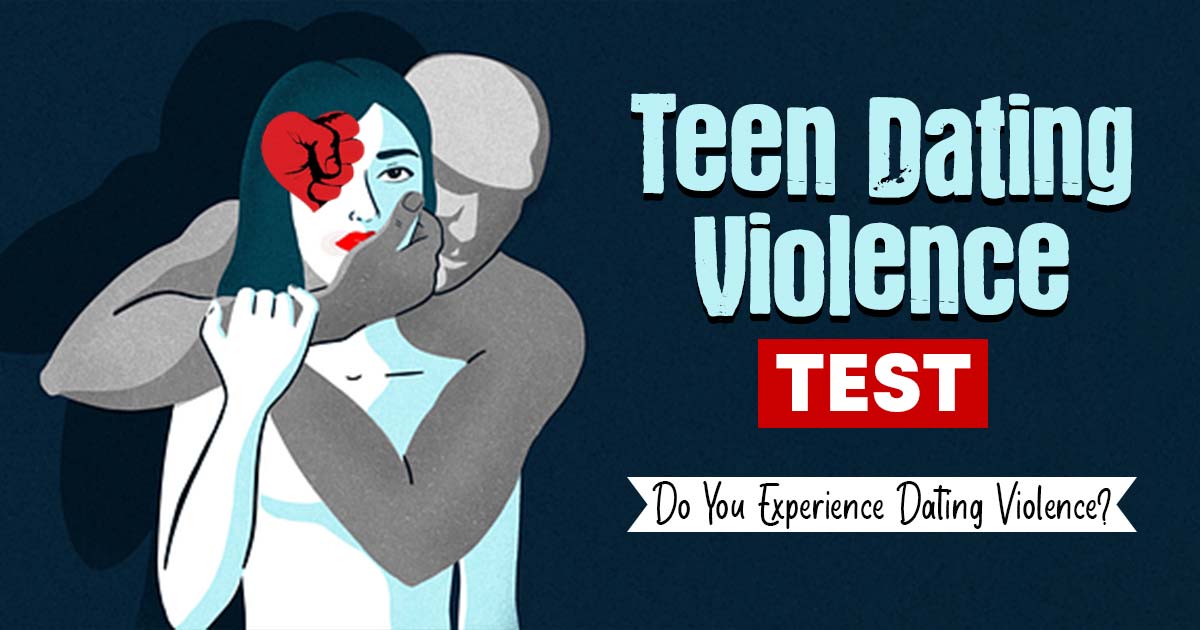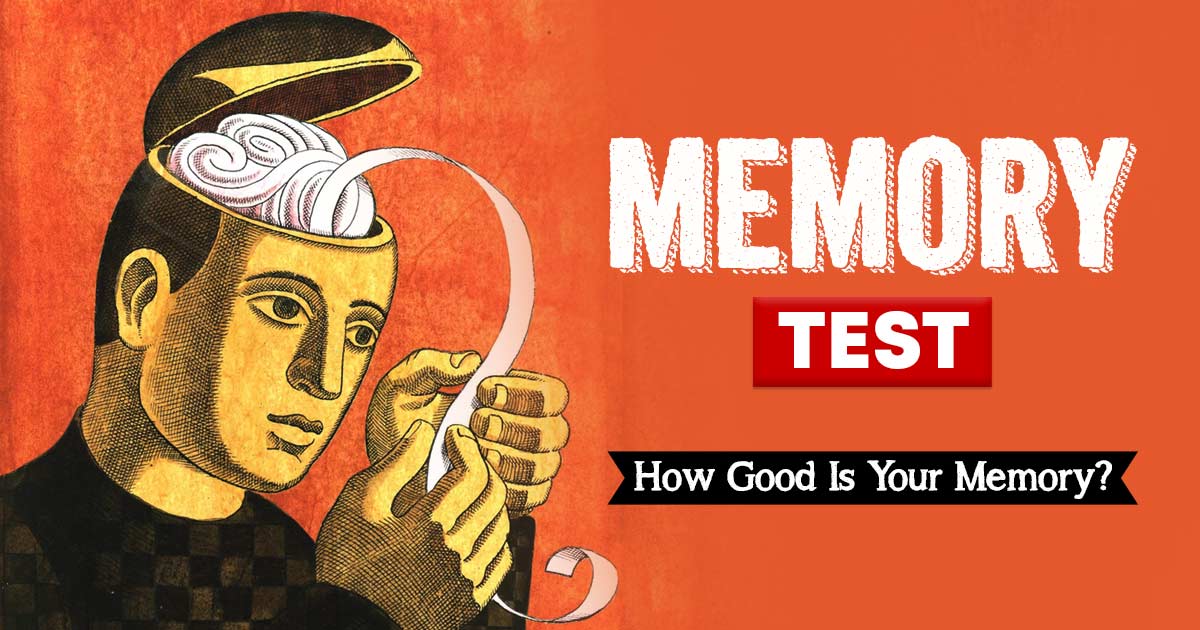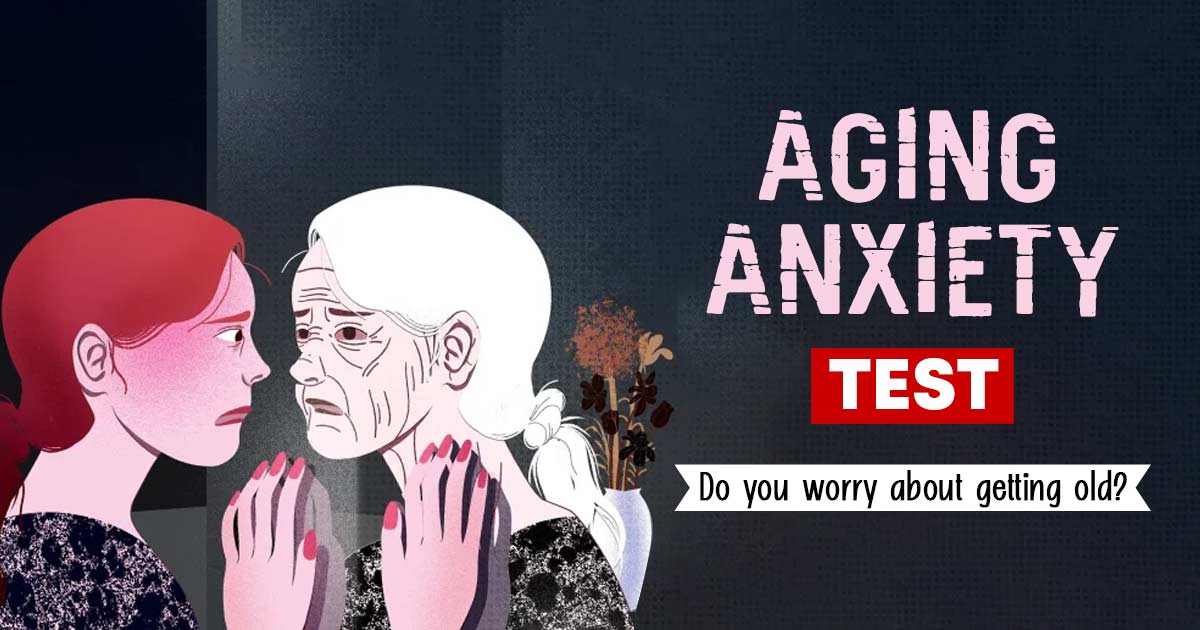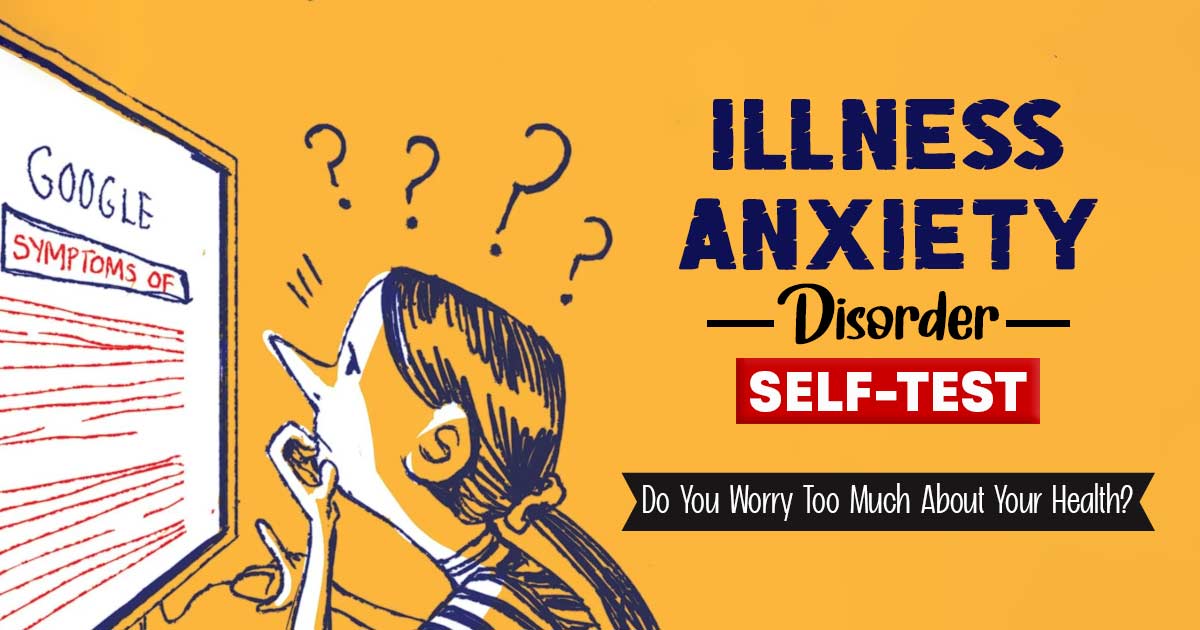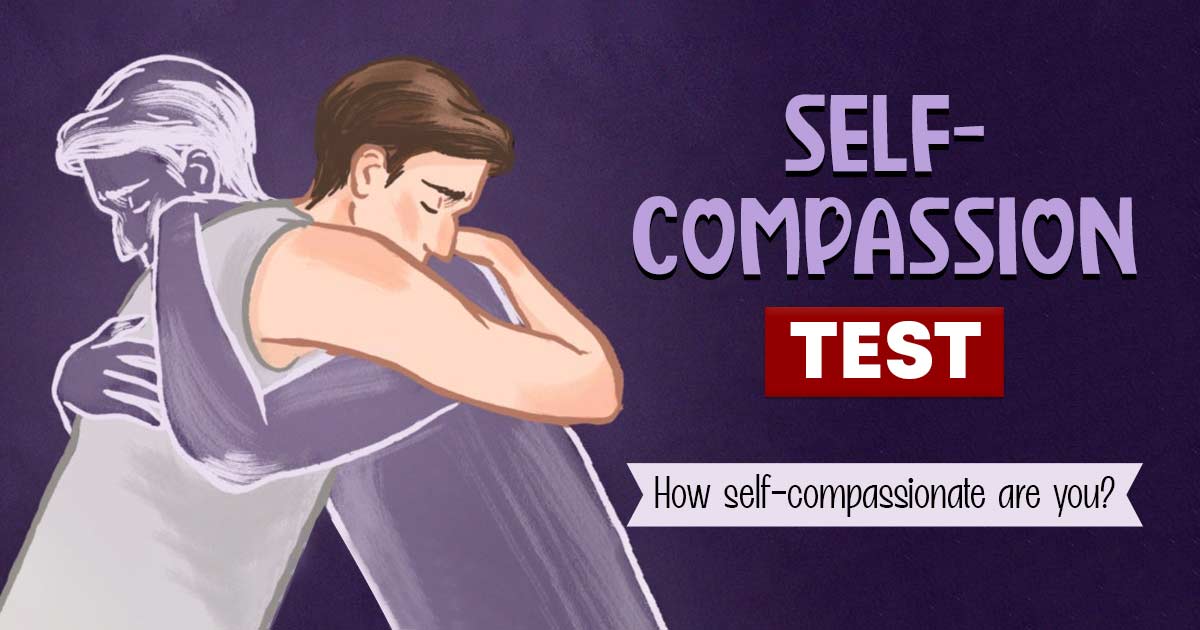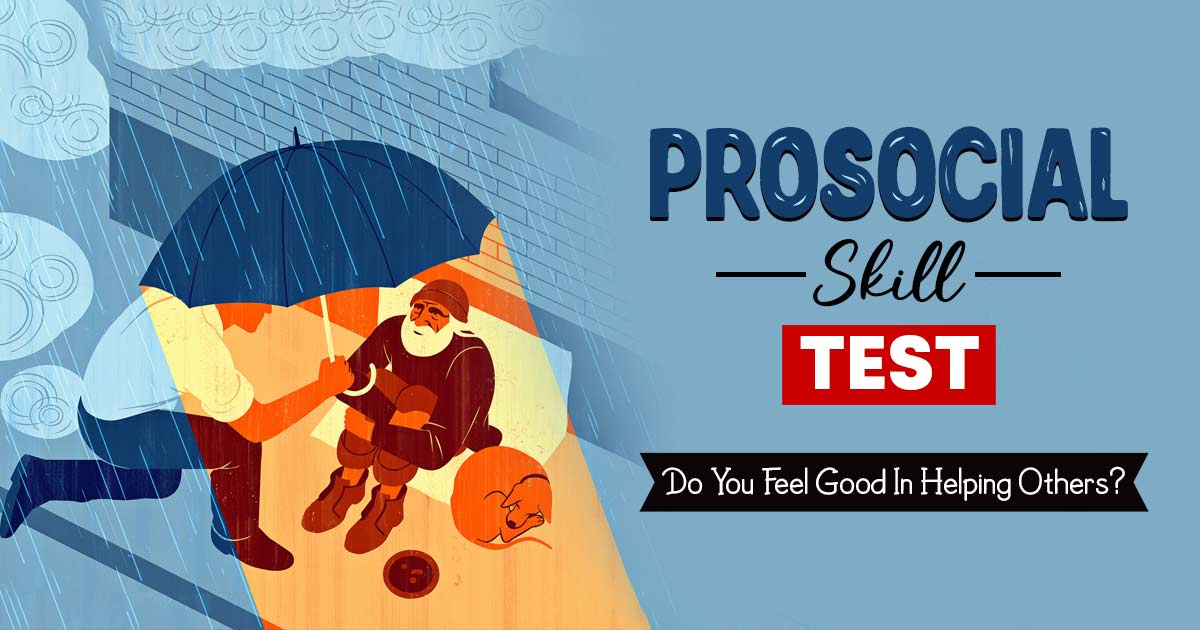Are you finding it difficult to navigate life after the loss of a loved one? Do you feel a sense of resistance in accepting their death? Are you experiencing feelings of numbness or a loss of purpose, making it challenging to move forward as you did before? If you’re grappling with these emotions, take this grief disorder test to assess whether you might be experiencing signs of grief disorder.
What Is Grief Disorder?
Grief is a natural response to the loss of a loved one. Most people can usually able to cope with the effect of the loss, but a small group of people, the feeling of intense grief persists, and the symptoms become severe enough to cause disruption in daily life.
Prolonged grief disorder is a diagnosable condition categorized by the Diagnostic and Statistical Manual of Mental Disorders (DSM-5), where an individual feels intense and persistent grief within at least 6 months (12 months for children and teens) after the loss of the loved one which can make the individual difficult to function at home, work, and other important settings.
A few signs of Grief Disorder, include:
- Marked sense of disbelief about the death.
- Avoidance of reminders that the person is dead.
- Intense emotional pain (such as anger, bitterness, sorrow) related to the death.
- Difficulty with reintegration with the social world, such as problems engaging with friends, pursuing interests, and planning for the future
Emotional numbness (absence or marked reduction of emotional experience). - Feeling extremely lonely and meaningless about the life
Instructions For Taking Grief Disorder Test
Below is a list of items that relate to an individual’s ability to cope with grief. Please read each item carefully, and select options that you find relevant for you.
Please note: This test is a self-assessment and is particularly relevant for the case that indicates the loss of any of your loved ones in the past few months.
